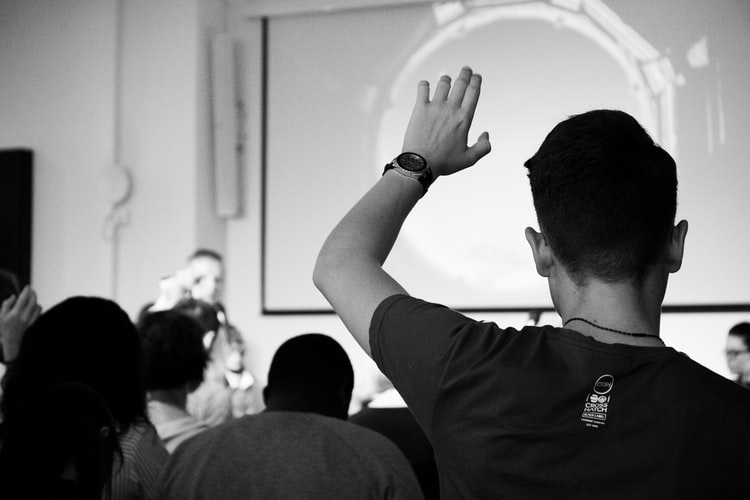OPINION: Politics should be confronted in schools, not shied away from
Photo from Unsplash
Schools should be more responsible for informing students about politics and current events.
October 16, 2020
From kindergarten to senior year, students learn about history in social studies classes, but they are almost never taught about the present. Even with the Internet at our fingertips, numerous students just settle with their parents’ opinion, but they never hear the other side.
Students often lack general knowledge of politics and current events, which stems from school systems shying away from all topics deemed ‘controversial’. Instead of running from diverse opinions, schools should encourage them and provide students with the necessary tools to have intelligent debates. Teachers could provide information to students in an unbiased manner, teaching them to critically analyze these facts and use that analysis to develop their own ideas.
AP United States History teacher Gary Colucci and AP Government teacher Beth Vaknin concur that many students feel politics don’t apply to them, so they just don’t care.
“Students don’t really connect what’s going on to their lives just yet because they’re still living at home, they’re not adults yet,” Colucci said. “They don’t see the value in what’s going on in their lives.”
“I would say in general students don’t necessarily care as much, but even when they do, they’re not looking at the right sources,” Vaknin said.
Luckily, West Essex offers a myriad of history electives allowing students to learn about politics. However, these classes are optional, and why choose Global Studies when you could take Cooking? If pure disinterest isn’t turning students away, then the difficulty of some of these courses might. Mrs. Vaknin’s AP Government class offers exactly what is necessary to educate students in this area, but it’s a college level class.
“It’s an AP Class, it’s a civics class,” said Vaknin.“There used to be in high schools — and some still have them — a class that’s based on how the government works, how to be a good citizen, how to vote and all that kind of stuff. AP Gov does that, but it does it at a college level and that may not be accessible to everybody.”
The high school curriculum should be held accountable for educating everyone on what’s going on in the world, not just those eligible for AP classes. Additionally, all students – despite their education on the government- get to vote by their senior year. What good is their vote if they hardly know what they’re voting for?
Developing opinions, analyzing situations and learning the responsibility of being politically aware are skills that should be taught to high schoolers since these skills will be applicable and significant to adulthood. With so much going on in the world right now, students should be effectively educated on these events, even if they don’t necessarily affect them personally. Schools should be fearless in presenting students with an environment in which young people can engage with these topics.


